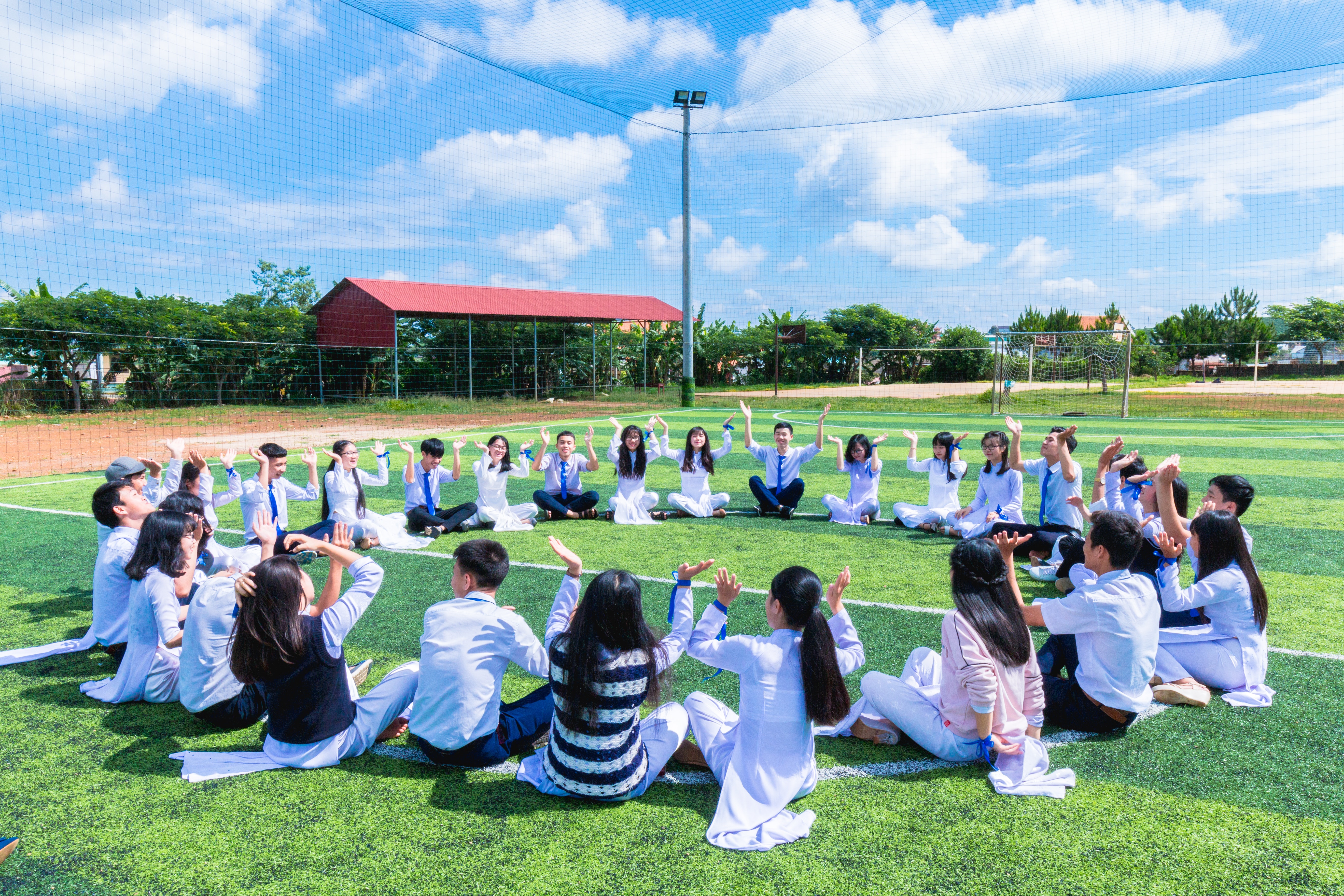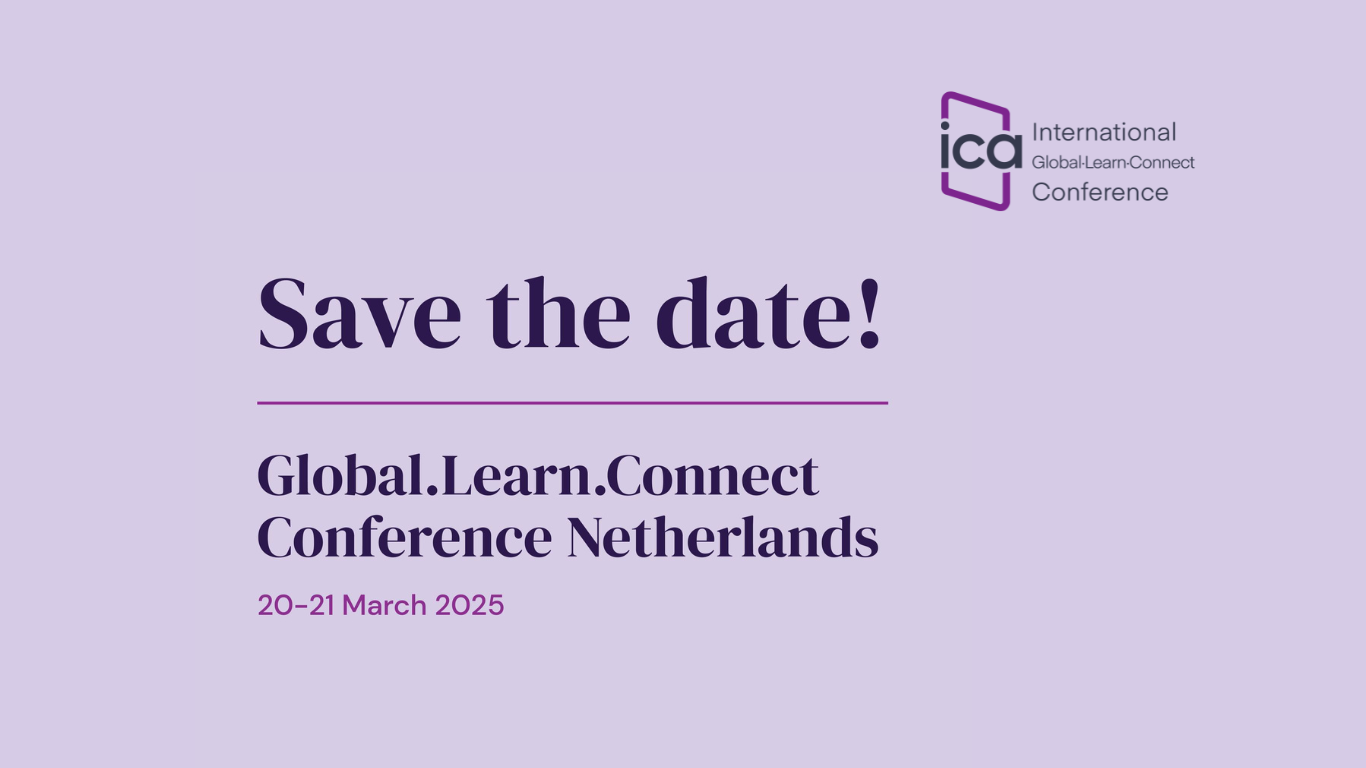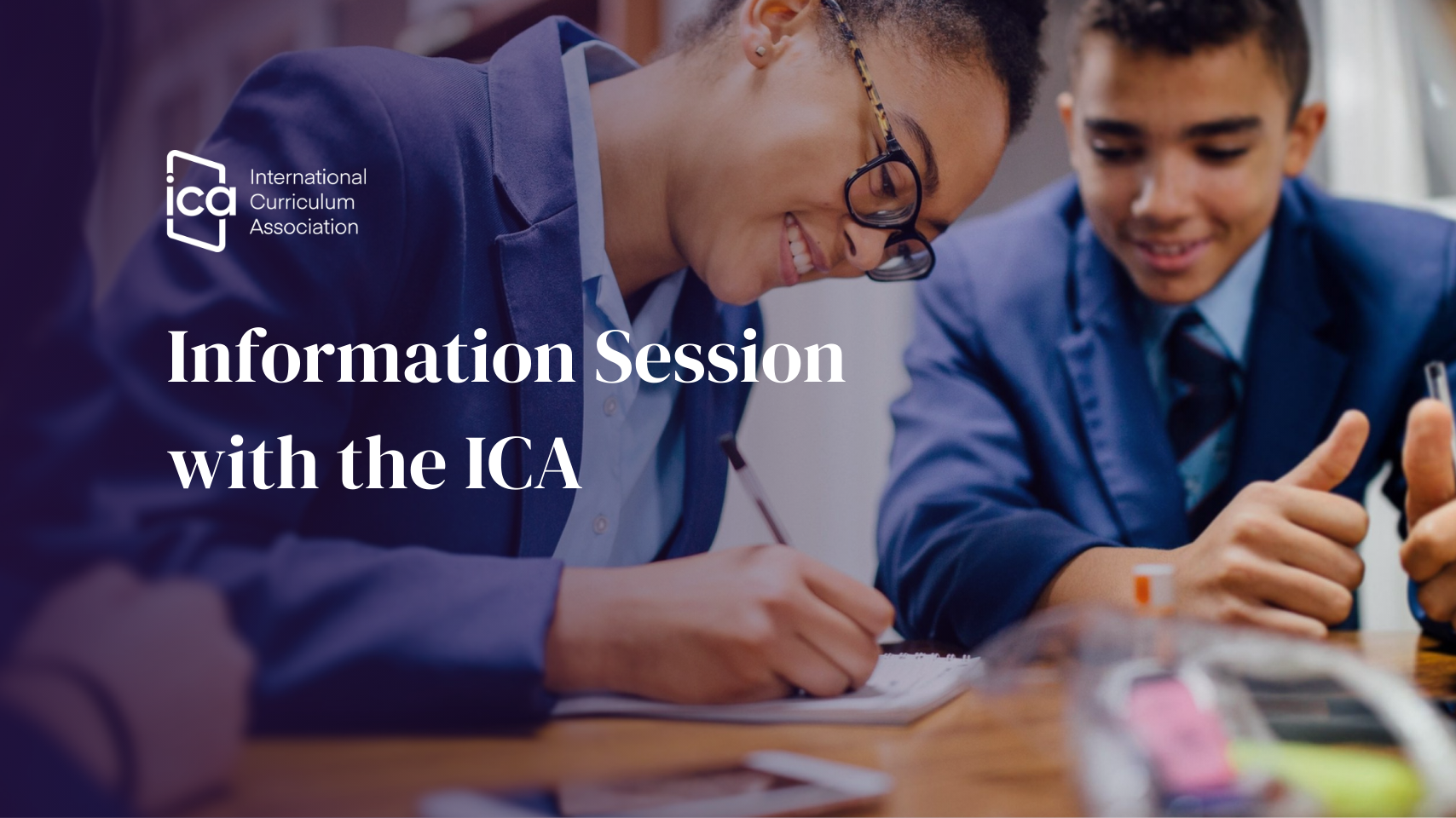Boothferry Primary School in Yorkshire (UK) has over 16 different nationalities, languages and cultures which makes us naturally outward facing to the world. Within our school, we utilise the 8 IPC learning goals of: enquiry, communication, thoughtfulness, adaptability, cooperation, resilience, respect and morality, but a recent addition of a 9th goal, international mindedness, truly reflects the multicultural faiths our school exhibits, which in turn fosters a curiosity amongst children and teachers alike. This is summarised in our school motto ‘Embracing diversity, building a brighter future together!’.
In 2019, I was awarded a grant from the Goldsmiths’ Company Charity Education Committee, who provide funds for teachers to be able to research a project based on an area of their educational interest. My project primarily focused on how music education was delivered in Finland and was inspired by the 2019 government warning in the decline in music education in the UK [1]. I wanted to visit schools around the country and bring back ideas and inspirations that would develop my teaching, but also inspire the children in my class to show how children learn in another country.
First Impressions
I quickly realised the context of cultural principles was paramount. It would be unrealistic to implement the routines and policies from Finland immediately into my school in the UK, primarily due to the priorities of the society and traditional aspects of the country. The first impression I got from visiting schools was the attitude amongst teachers and students was very much more relaxed compared to schools in the UK. Aided by the non-wearing of uniform, frequent learning breaks (each 45-minute lesson ended with a 15-minute break) and earlier start and finish times (8.15 am until 2.15 pm), helped to create an atmosphere within class which made learning comfortable and enjoyable, allowing each child the opportunity to flourish. Another important difference was that each child was provided with a free school meal each day, which lasts throughout the entirety of their education up to 18. This not only has important health benefits, but also decreases the financial burden for parents, ensuring that all aspects of a child’s education are taken care of by the state.
Teachers
The profession of teaching is given a high status within Finnish society. As a result, teachers are given far more autonomy and trust to find the best way of teaching, and they can reflect constantly on how they can improve and develop their pedagogy. I found that they have more time to reflect on their practice because they are released from the constraints of inspections, monitoring visits and scrutiny which can become a continuous burden for teachers.
Indeed, this freedom of thinking and working is encouraged in the pupils, who I found to be working in corridors, listening to music or taking short learning breaks to do pull ups on gym equipment that had been installed in the corridor, but yet still remain engaged in completing the task set by the teacher.
Teacher Training
One of my focus areas was how teachers are trained. While visiting the University of Eastern Finland, Joensuu, I was amazed to see the amount of investment that was put into training teachers. Prospective teachers are rigorously trained for 4 years up to a Masters level of education, where they can choose their thesis to focus on any area of teaching, such as special education or on a specific subject area.
I was delighted to see that all trainee primary teachers are required to learn a musical instrument, either the guitar or piano, to a basic level. The musical skills of primary teachers were evident in the lessons I saw when I visited schools around the country, where teachers could confidently accompany children when singing and performing.
Inspiring my pupils
When I returned from my trip, I instinctively used my visit as an opportunity to collaborate between the two cultures. Our children exchanged letters with the children in Finland and a video call was set up to ask questions that the children had created. This matched perfectly with our IPC unit ‘Different Places, Similar Lives’ where the children could directly ask the questions they had generated from their knowledge harvest. The relationships I formed with the schools that I visited will continue in the future due to the connections and friendships that I made during my visit.
Through studying the IPC unit of ‘Different Places, Similar Lives’, aided by the experiences on my trip, my pupils have a more accurate and realistic approach to life in another culture, enabling them to genuinely ‘embrace diversity and build a brighter future together’.


.png)
